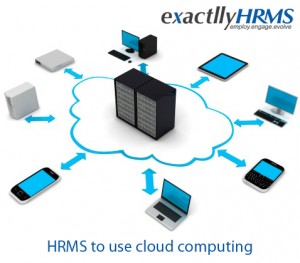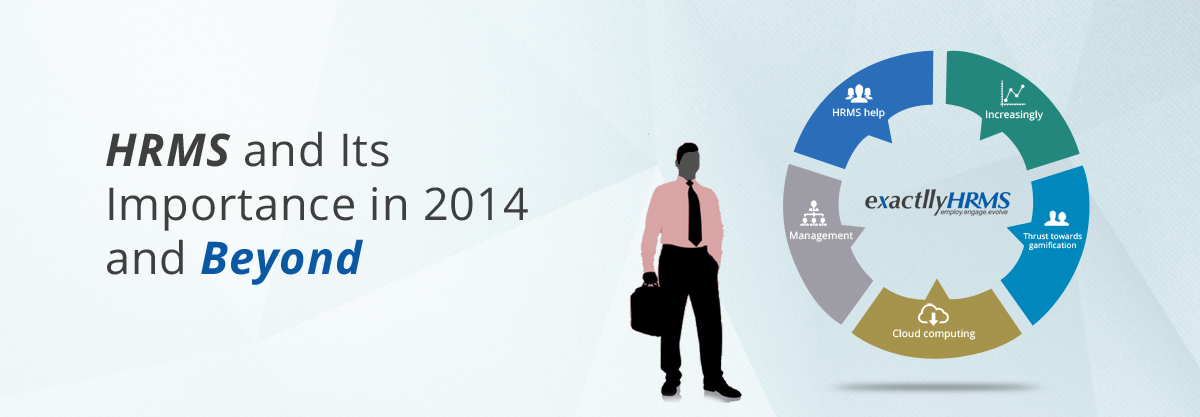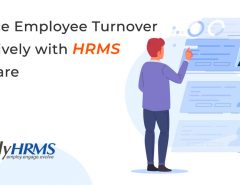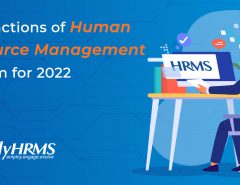HRMS and Its Importance
If you thought A Human Resources Management System (HRMS) only helped you in the Human Resource department, you are in for a surprise. While basic human resource-related functions have been the reason for HRMS platforms’ existence, 2014 and the years ahead are likely to see HRMS software programs adopt many more roles. A growing trend towards automation and the adoption of cloud-based technologies have changed the way we view Human Resource Management systems or programs. These programs will likely evolve in 2014 and beyond to help users tap into unexplored areas. To know more about HRMS and its importance go through this post.
HRMS is also likely to see a revival of sorts, where managing employees and improving their satisfaction will not be its only function. In addition to its traditional functions, HRMS will likely spearhead the adoption of new technologies and web practices among companies that are ready to do so. For instance, HRMS will encourage and prompt companies to adopt cloud technologies and better security applications.
In this article, let us take a look at 5 HRMS trends that will dominate 2014 and beyond.
Human Resource Management System (HRMS) will help Manage Remote Employees:
With an increasing number of people choosing to work from the comfort of their homes, flexible working schedules have become big in contemporary society. HRMS platforms will help companies to monitor, manage and communicate with remote employees more efficiently. Evolving HRMS standards will ensure that managing remote employees is no longer a topic that causes furrowed eyebrows among HR professionals.
Human Resource Management System (HRMS) will be Increasingly used to Predict the Future:
HRMS analytics will help companies understand what employees want and what the trends will be like in the next few years. The valuable statistics and data that can be mined from HRMS databases will prove to be invaluable in helping to predict the future of the job market and associated areas.
An Increased thrust towards Gamification:
With a large part of our workforce consisting of millennials, gamification is going to be a primary strategy for HRMS developers. Gamification will help HR departments use HRMS tools to communicate and engage younger employees, but they will also assist them in attracting, training, and retaining top talent. For the uninitiated, gamification refers to the process of using game mechanics and game thinking in situations where problem-solving is required. Gamification exploits people’s instincts to compete, achieve and express themselves to solve crucial problems.
 Human Resource Management System (HRMS) to use Cloud Computing:
Human Resource Management System (HRMS) to use Cloud Computing:
As with everything else, HRMS will move to the cloud almost entirely, if not in 2014, in at least a few years. Cloud computing will help companies to invest less in on-site infrastructure and help themselves in reducing costs. Cloud computing is infinitely more efficient than legacy systems in several ways, and HRMS will benefit from cloud-based technologies too.
Emphasis on Learning Management Systems:
Unlike previous standalone learning management systems (LMS), current HRMS platforms may include modules that will help in management training and learning among employees. We also expect HRMS platforms to be able to directly coordinate with employees so that courses can be offered from existing HRMS platforms instead of investing in separate applications. Every employee in an organisation must be aware of HRMS and its importance.
2014 and the years thereafter will likely witness major changes in the way we understand HRMS platforms. Human Resource Management System (HRMS) platforms will no longer be just tools to manage human resource related functions, but an overall program that will help companies to ensure their human capital is utilized to the fullest extent, without falling prey to security threats that may arise in the future. HRMS platforms will also branch out and emphasize learning management systems and thereby adding training and development to a growing list of functions.
Wants to know more about exactllyHRMS? Feel free to Contact Us and get a Free Demo.





Leave a Reply